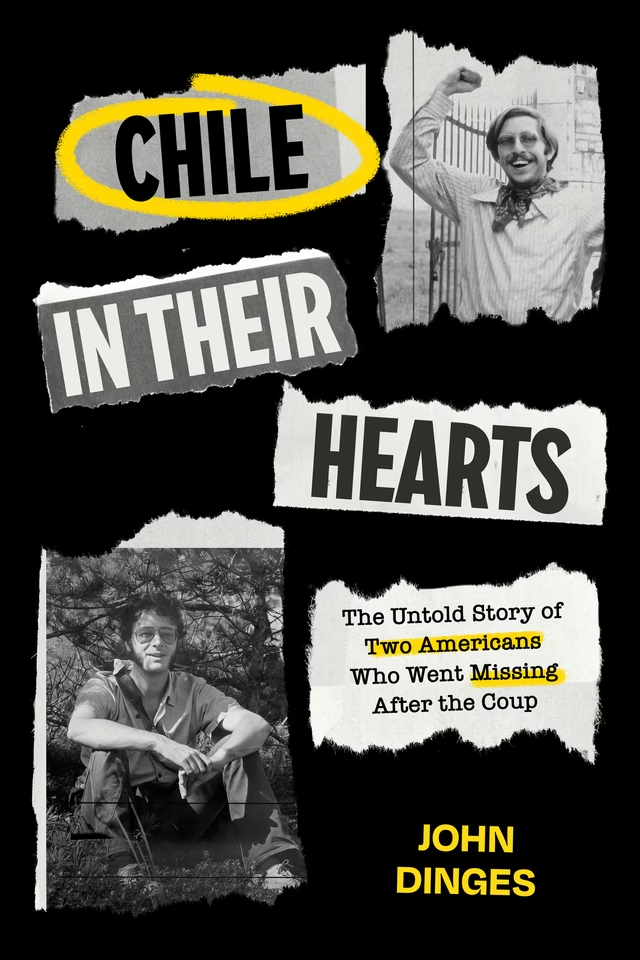The Missing Narrative
That U.S. officials were complicit in the executions of two U.S. citizens in Chile has been an article of faith for the Left for almost half a century—in large part because of the powerful, Oscar-winning movie, Missing. The 1982 film directed by Costa-Gavras poignantly depicts the protracted search by Horman’s wife, Joyce, and his father, Ed, to locate him after a Chilean military unit disappeared Horman in Santiago. Tracing real events, Missing created a compelling narrative that Charlie had been targeted because of revealing conversations he and a travel companion had with U.S. military officers on the day of the coup in Viña del Mar, before they were driven back to Santiago by the head of the U.S. Military Group in Chile, a Navy captain named “Ray Tower” in the film—Captain Ray Davis in real life.
Almost three decades later, this Hollywood narrative received real-life validation when a Chilean judge stunned the world by indicting Captain Davis as an accomplice in the murders. In 2011, Judge Jorge Zepeda charged that Davis knew of the detentions of Horman and Teruggi but did not prevent their deaths “although he was in a position to do so.”
As Dinges explains in his book, Judge Zepeda’s ruling drew heavily on claims made to U.S. journalists in June 1976 by a Chilean intelligence defector named Rafael Gonzalez. At the Italian Embassy, where he and his family had sought asylum to flee Chile, Gonzalez told a CBS News and Washington Post reporter that he had been called to interpret for Horman after he was detained, that there was an American in the room identifiable because of the way he tied his shoes, and that Gonzalez had been told by the head of Chilean military intelligence that “this guy knew too much…Horman…and that he was supposed to disappear.”
The court expediente (case files) on Zepeda’s investigation totaled almost 7,000 pages of testimony and documents. As part of his extensive research for Chile in Their Hearts, Dinges meticulously reviewed all the records for the evidence behind Zepeda’s historic ruling. What he found gave him “a shock”: nothing.
“I found no evidence either for general coordination or individual responsibility by U.S. officials in the death of the two Americans,” Dinges summarizes his [non] findings. “By any standard, be it probable cause, preponderance of evidence or simply the journalistic rule of reasonable verification of facts and sources, the case against Captain Ray Davis did not stand up to scrutiny.”
